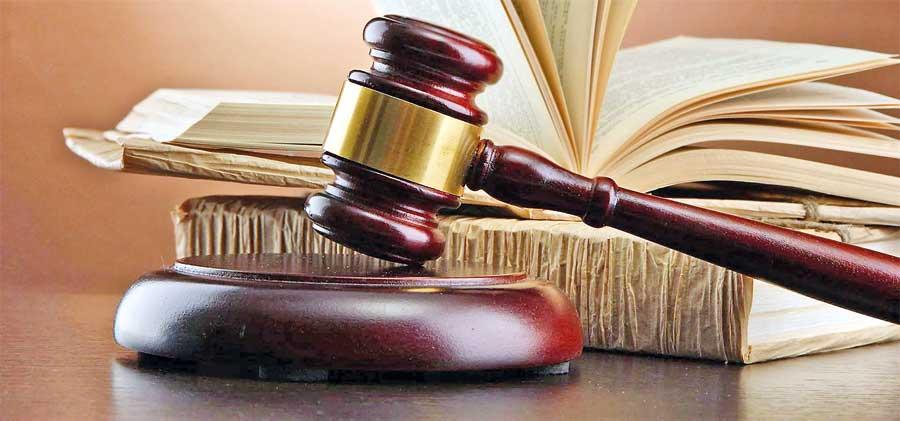Supreme Court expresses ‘shock and dismay’ at deplorable conduct of affairs
23 January 2023 12:01 am Views - 1168


The Court called for the country’s National Security Council (NSC) to be placed on a statutory footing
|
|
In its concluding remarks, the Supreme Court in what has already been widely welcomed as a historical judgement has said “…we must express our shock and dismay at the deplorable
want of oversight and inaction that we have seen in the conduct of affairs pertaining to Security, Law and Order and Intelligence”, in words clear and penetrating!
The seven Judge divisional bench of Sri Lanka’s Supreme Court headed by Chief Justice Jayantha Jayasuriya, PC, having dispassionately analysed the evidentiary material placed by all parties before the Court had laid bare before the nation the ‘deplorable’ state of affairs within these vital institutions.
The Supreme Court called for ‘legislative’, ‘structural’ and ‘administrative’ changes in these institutions having found that there were glaring examples of a lack of ‘strategic co-ordination’, ‘expertise’ and ‘preparedness’ which had cost the country avoidable ‘deaths and devastation’. The country’s highest Court bemoaned that the failures “have left an indelible blot on the security apparatus of the country which is blessed by a multi-cultural and multi religious polity.”
The Court called for the country’s National Security Council (NSC) to be placed on a statutory footing.
Apart from adverting to several constitutional provisions, the highest Court had quoted verbatim section 56 of the Police Ordinance of 1865 on the “duties and liabilities” of Police Officers requiring every police officer “to use his best endeavours and ability to ‘prevent’ all crimes, offences and public nuisances” and “to obey and execute all orders and warrants ‘lawfully’ issued..” These findings of the Supreme Court call for urgent remedial actions by the State to prevent possible future human disasters.
Security related matters, which are at times discretely labelled ‘secret’ and shut out from public discourse and from even Courts of Law trusting which the Attorney General, the Courts and the public service invariably act without question, would not have come up for public evaluation, if not for the fundamental rights petitions filed by the Bar Association of Sri Lanka (BASL), the Church and several others. The Supreme Court had thereby got the opportunity to warn the concerned authorities and hopefully help prevent future massacres.
Indeed the NSC and related institutions such as the State Intelligence Service (SIS) which often depend on foreign inputs as well, must be made statutorily accountable to Parliament. There have been many instances of false and deceptive intelligence fed in both by external and internal agencies and persons.
Some false reports planted through foreign conduits and published in the media in the recent past have been refuted from time to time by the Defence Ministry. Sadly however accurate reports have not been acted upon!
There had been reports of payments allegedly made to 21/4 suicide bomber Zahran Hashim by security agencies, which may be totally false but if true may expose a more terrible state of affairs. The phone communications of the eight suicide bombers, excepting one, prior to the 21/4 attacks were mysteriously not forthcoming! No efforts were being made to investigate and seek the extradition from India of Pulasthini Rajendran alias Sarah wife of Katuwapitiya Church suicide bomber, who according to the evidence of a Chief Inspector before the Presidential Commission of Inquiry on Easter attacks had fled to India by sea in September 2019. Accountability and transparency are necessary to prevent an unaccountable ‘Deep State’ functioning within the State, abused sometimes for political and other purposes. The Attorney General acts in good faith on versions given by investigators, which have turned out at times to be incorrect. Many are the instances when Courts have rejected such versions. The Supreme Court has once again called to attention that the ‘Rule of Law’ is always supreme!
